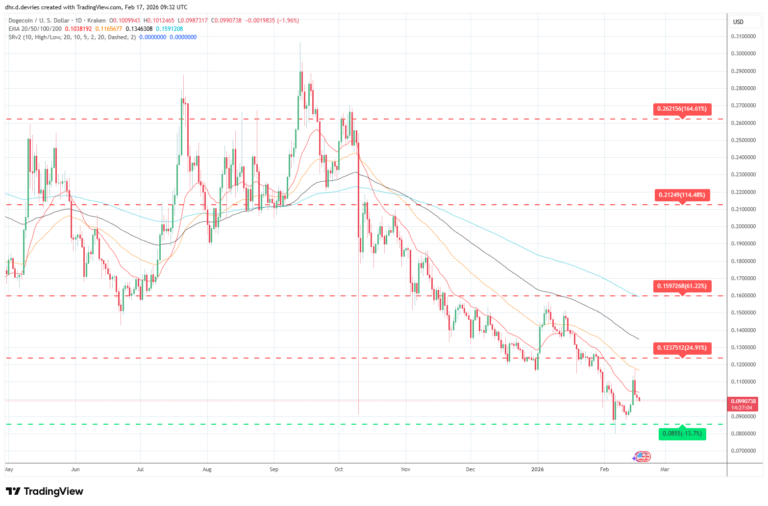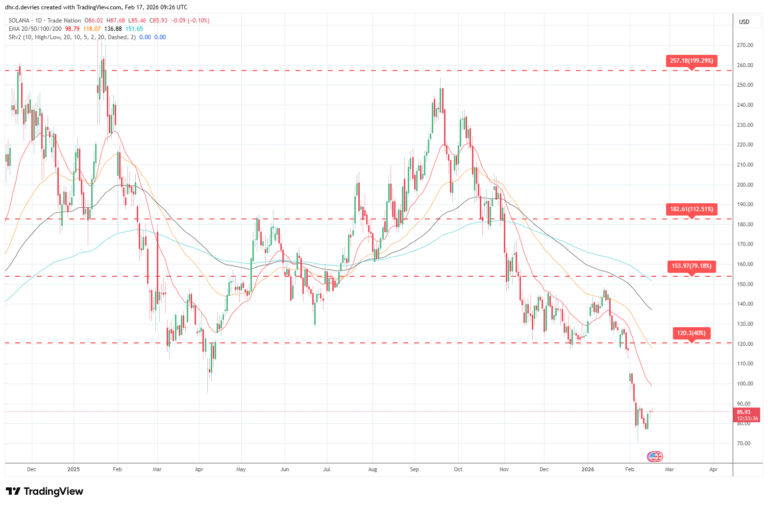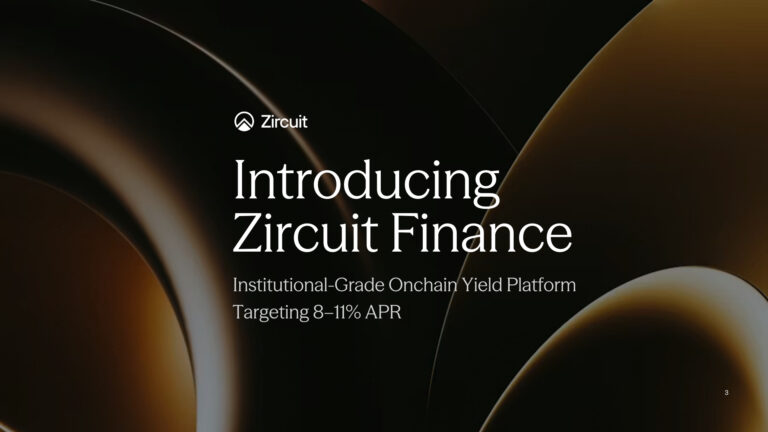Land Informatie
Extra Informatie
Website
Extra Links
Social Media & Nieuws
Ranking
Blockchain overzicht
Categorie:
| Naam | Categorie |
|---|
Veelgestelde vragen
Description
Disclaimer: The regulatory information provided below is for general informational purposes only and may not reflect the most current legal developments. Cryptocurrency regulations are rapidly evolving and are subject to frequent changes. This information should not be considered legal or tax advice. Before making any business or investment decisions, please consult with qualified legal, tax, or financial professionals familiar with your specific jurisdiction and circumstances. Always verify current regulations with official government sources and regulatory bodies.
Legal Classification & Regulatory Framework
Cryptocurrency Status
Argentina has established itself as one of Latin America’s most crypto-engaged nations, driven largely by recurring economic challenges, including high inflation, currency devaluation, and capital controls. Cryptocurrencies are not recognized as legal tender in Argentina, with the Argentine Peso remaining the official currency. However, digital assets are legally acknowledged and can be held, traded, and used for various transactions within the country.
The legal classification of cryptocurrencies in Argentina varies depending on the context and use case. Generally, cryptocurrencies are treated as intangible assets rather than currency or securities. This classification means they fall under property law principles for purposes of ownership, transfer, and inheritance. The Central Bank of Argentina (Banco Central de la República Argentina, or BCRA) has clarified that cryptocurrencies are not considered currency under Argentine law, which has important implications for their regulatory treatment.
The National Securities Commission (Comisión Nacional de Valores, or CNV) oversees activities that may involve securities, and certain crypto assets structured as investment contracts or with characteristics similar to traditional securities may fall under CNV jurisdiction. This means that token offerings, particularly those resembling initial public offerings or investment schemes, could be subject to securities regulations depending on their specific structure and promises to investors.
Argentina’s approach reflects a pragmatic recognition that cryptocurrencies serve important functions for its citizens, particularly as a hedge against peso devaluation and as a means to preserve purchasing power. This practical reality has influenced regulatory development, with authorities generally avoiding outright prohibition while implementing appropriate oversight mechanisms.
Tax Treatment
Cryptocurrency taxation in Argentina has evolved as authorities seek to capture tax revenues from the growing digital asset economy. The Argentine Federal Administration of Public Revenue (Administración Federal de Ingresos Públicos, or AFIP) treats cryptocurrencies as assets subject to various tax obligations.
For individuals, capital gains realized from cryptocurrency transactions are subject to income tax. Profits from buying and selling cryptocurrencies must be declared and are taxed according to Argentina’s progressive income tax rates. The calculation of gains involves determining the difference between acquisition cost and sale price, denominated in Argentine Pesos. Given Argentina’s significant inflation, this can create complex valuation issues that taxpayers must navigate carefully.
Argentina imposes a personal asset tax (Impuesto sobre los Bienes Personales) on wealth held both domestically and abroad. Cryptocurrencies are explicitly included in the asset base for this tax, meaning that Argentine residents must declare their cryptocurrency holdings as part of their annual wealth tax returns. The valuation of these assets for tax purposes typically utilizes market prices as of the end of the fiscal year.
For businesses operating in the cryptocurrency sector, corporate income tax applies to profits generated from operations. Companies must maintain proper accounting records of all cryptocurrency transactions, converting values to Argentine Pesos for reporting purposes. Value Added Tax (IVA) may apply to certain cryptocurrency-related services, though the provision of cryptocurrency itself as a payment method generally does not trigger VAT obligations.
Mining operations face tax treatment similar to other business activities, with income from mining subject to corporate or personal income tax depending on the structure of the operation. Electricity costs and equipment depreciation may be deductible as business expenses. Cross-border transactions and international cryptocurrency activities may trigger additional reporting requirements, particularly given Argentina’s capital control measures that require disclosure of foreign assets and income.
Regulatory Oversight
Multiple regulatory bodies share oversight responsibilities for cryptocurrency activities in Argentina, creating a somewhat fragmented but increasingly coordinated regulatory landscape. The Central Bank of Argentina (BCRA) plays a crucial role in monetary policy and financial system stability, issuing guidelines that affect how financial institutions interact with cryptocurrencies.
The BCRA has implemented various restrictions on financial institutions’ involvement with cryptocurrencies, particularly concerning the use of credit for cryptocurrency purchases and limitations on banks offering crypto-related products. These measures stem from concerns about financial stability, consumer protection, and the effectiveness of monetary policy in an economy facing significant challenges.
The National Securities Commission (CNV) regulates activities that fall within securities law, including specific token offerings and crypto asset products that may constitute securities. Companies seeking to offer tokens or crypto investment products may need to comply with CNV registration and disclosure requirements if their offerings meet the definition of securities under Argentine law.
The Financial Information Unit (Unidad de Información Financiera, or UIF) serves as Argentina’s financial intelligence unit, overseeing anti-money laundering and counter-terrorism financing compliance. Cryptocurrency businesses, particularly exchanges and service providers, must register with the UIF and implement comprehensive AML/CFT programs including customer due diligence, transaction monitoring, and suspicious activity reporting.
The AFIP, beyond its tax collection role, also monitors cryptocurrency transactions for tax compliance purposes and has increasingly sophisticated capabilities to track crypto-related income and assets. The agency has issued specific guidelines requiring cryptocurrency exchanges operating in Argentina to report user transactions, enhancing tax enforcement capabilities.
Business Environment
Banking Relationships
The relationship between traditional banks and cryptocurrency businesses in Argentina remains complex and often challenging. Argentine banks have historically been cautious about providing services to cryptocurrency exchanges and related businesses, primarily due to regulatory uncertainty, BCRA guidelines, and risk management concerns.
The BCRA has issued communications that effectively limit banks’ ability to offer certain cryptocurrency-related services and has discouraged financial institutions from facilitating cryptocurrency purchases through credit mechanisms. These restrictions reflect concerns about capital flight, financial stability, and the potential for cryptocurrencies to circumvent capital controls and monetary policy measures.
Many cryptocurrency exchanges and businesses operating in Argentina have faced account closures or difficulties opening new accounts with traditional banks. This has led some crypto companies to operate through payment processors, use international banking relationships, or develop peer-to-peer transaction models that reduce reliance on traditional banking infrastructure.
Despite these challenges, some Argentine banks have cautiously explored blockchain technology and digital assets, recognizing customer demand and the innovation potential. A small number of financial institutions have developed limited cryptocurrency custody or trading services, though these remain exceptions rather than the norm.
The banking challenges have inadvertently strengthened peer-to-peer cryptocurrency adoption in Argentina, as individuals and businesses develop alternative methods for converting between pesos and cryptocurrencies without relying on traditional financial intermediaries.
Licensing Requirements
Argentina does not currently have a comprehensive, unified licensing regime specifically designed for cryptocurrency businesses. Instead, crypto companies must navigate existing financial services regulations depending on the nature of their activities.
Cryptocurrency exchanges and service providers must register with the UIF as reporting entities under anti-money laundering legislation. This registration requires implementing comprehensive compliance programs, appointing compliance officers, conducting customer due diligence, monitoring transactions, and reporting suspicious activities. The UIF has issued specific resolutions outlining obligations for virtual asset service providers.
Companies whose activities may constitute securities offerings or investment services must comply with CNV regulations, which may include registration requirements, disclosure obligations, and capital adequacy standards. The determination of whether a cryptocurrency product falls under securities regulation depends on its specific characteristics and the economic rights it confers.
Payment service providers that facilitate cryptocurrency transactions may need to comply with payment system regulations, though the application of these rules to crypto businesses remains an evolving area. Companies must also ensure compliance with consumer protection laws administered by various authorities at both national and provincial levels.
While the absence of specific cryptocurrency licensing provides flexibility, it also creates uncertainty. Businesses must carefully assess which existing regulatory frameworks apply to their operations and ensure compliance across multiple regulatory domains.
Innovation Support
Argentina has demonstrated growing government interest in blockchain technology and its potential applications, though comprehensive national strategies remain limited. Various provinces and municipalities have explored or implemented blockchain initiatives for public administration, land registries, and identity management.
The Argentine technology sector, including blockchain and cryptocurrency companies, benefits from the country’s strong software development talent pool and entrepreneurial culture. Argentina has produced numerous successful fintech companies, and this ecosystem extends to cryptocurrency and blockchain ventures.
Some provinces have taken proactive approaches to attracting cryptocurrency mining operations by offering competitive electricity rates and regulatory clarity. These subnational initiatives reflect recognition of potential economic benefits from the crypto industry, including job creation and technology sector development.
Educational institutions in Argentina have increasingly incorporated blockchain and cryptocurrency topics into curricula, building human capital for the sector. Industry associations and advocacy groups have emerged to represent the interests of crypto businesses and engage with policymakers on regulatory development.
However, federal-level innovation support programs specifically targeting cryptocurrency or blockchain remain underdeveloped compared to some other jurisdictions. The focus has been more on accommodation and gradual regulatory clarification rather than proactive promotion of the sector.
Market Characteristics
Adoption Patterns
Argentina stands out globally for its high levels of cryptocurrency adoption, driven primarily by economic factors rather than technological enthusiasm alone. Persistent high inflation, repeated currency devaluations, and capital controls have made cryptocurrencies an attractive option for Argentines seeking to preserve purchasing power and access dollars.
Bitcoin and stablecoins, particularly those pegged to the US dollar, serve as de facto savings vehicles for many Argentines who lack access to traditional dollar savings accounts or face restrictions on currency exchange. This adoption crosses demographic boundaries, with significant usage among both younger tech-savvy populations and older individuals seeking financial security.
Cryptocurrency adoption for everyday transactions remains more limited but is growing, particularly in urban areas. Some businesses, particularly in the technology, hospitality, and professional services sectors, have started accepting cryptocurrency payments. Real estate transactions occasionally involve cryptocurrencies, particularly for international buyers or sellers seeking to avoid capital control complications.
Peer-to-peer cryptocurrency trading volumes in Argentina rank among the highest globally relative to population size, reflecting the practical utility of digital assets in the Argentine economic context. Local cryptocurrency exchanges have developed significant user bases, and international platforms have identified Argentina as a key market for their services.
Industry Focus
Argentina’s cryptocurrency industry reflects both local market needs and the country’s technological capabilities. Cryptocurrency exchanges serving the local market represent the most visible segment, offering peso-to-crypto trading pairs and payment integration services for merchants.
Stablecoin infrastructure has become particularly important, with companies developing platforms for holding, transferring, and earning yield on dollar-pegged tokens. These services cater to Argentine users’ demand for dollar exposure, eliminating the complexities of traditional banking restrictions.
Blockchain development companies leverage Argentina’s strong software engineering talent to build applications and infrastructure for international markets. Argentine developers contribute to global blockchain projects while also creating locally focused solutions that address regional needs.
Cryptocurrency mining has gained traction in certain provinces offering favorable electricity rates, though Argentina’s energy sector challenges and pricing volatility affect the economics of large-scale mining operations. Some operations focus on utilizing stranded energy resources or excess capacity during off-peak periods.
Payment processing companies integrating cryptocurrency functionality for merchants represent a growing segment, facilitating crypto acceptance while handling conversion to pesos for businesses preferring traditional currency settlement.
Regulatory Evolution
Cryptocurrency regulation in Argentina continues to evolve through a combination of new legislation, regulatory guidance, and judicial precedents. The trajectory has generally moved toward greater regulatory clarity and oversight rather than prohibition, recognizing both the risks and the practical realities of widespread adoption.
Congressional discussions about comprehensive cryptocurrency regulation have occurred periodically, with various legislative proposals seeking to establish clear frameworks for digital assets. These proposals typically aim to strike a balance between innovation support and concerns for consumer protection, tax compliance, and financial system integrity.
The BCRA’s approach has evolved from initial skepticism toward more nuanced recognition of different cryptocurrency use cases, though restrictions on financial institution involvement remain significant. Future developments may involve clearer guidelines for banks’ permissible crypto-related activities or the establishment of specialized frameworks for crypto banking.
International developments influence Argentine regulatory thinking, with authorities monitoring approaches taken by other Latin American countries, the United States, and Europe. Regional cooperation through organizations like the Financial Action Task Force of Latin America (GAFILAT) helps coordinate anti-money laundering standards.
The tension between Argentina’s capital control objectives and cryptocurrency’s borderless nature creates ongoing regulatory challenges. Authorities must balance their desire to prevent capital flight with the recognition that overly restrictive measures may be difficult to enforce due to the technological characteristics of cryptocurrencies.
Future regulatory evolution will likely address emerging issues, including decentralized finance platforms, non-fungible tokens, and central bank digital currency possibilities. The pace and direction of this evolution will depend on both international trends and Argentina’s specific economic and political circumstances.
For Current Information:
Central Bank of Argentina (BCRA): https://www.bcra.gob.ar
National Securities Commission (CNV): https://www.argentina.gob.ar/cnv
Financial Information Unit (UIF): https://www.argentina.gob.ar/uif
Federal Administration of Public Revenue (AFIP): https://www.afip.gob.ar
Landkaart
Artikelen over crypto en blockchain

Wat Zijn Optimistic Rollups?

Wat zijn (Crypto)Valuta Wisselkoersen?



Solana (SOL) Prijsvoorspelling: Wekelijkse Analyse 17 februari 2026

Wat is Arbitragehandel?
Persberichten en bijdragen


















